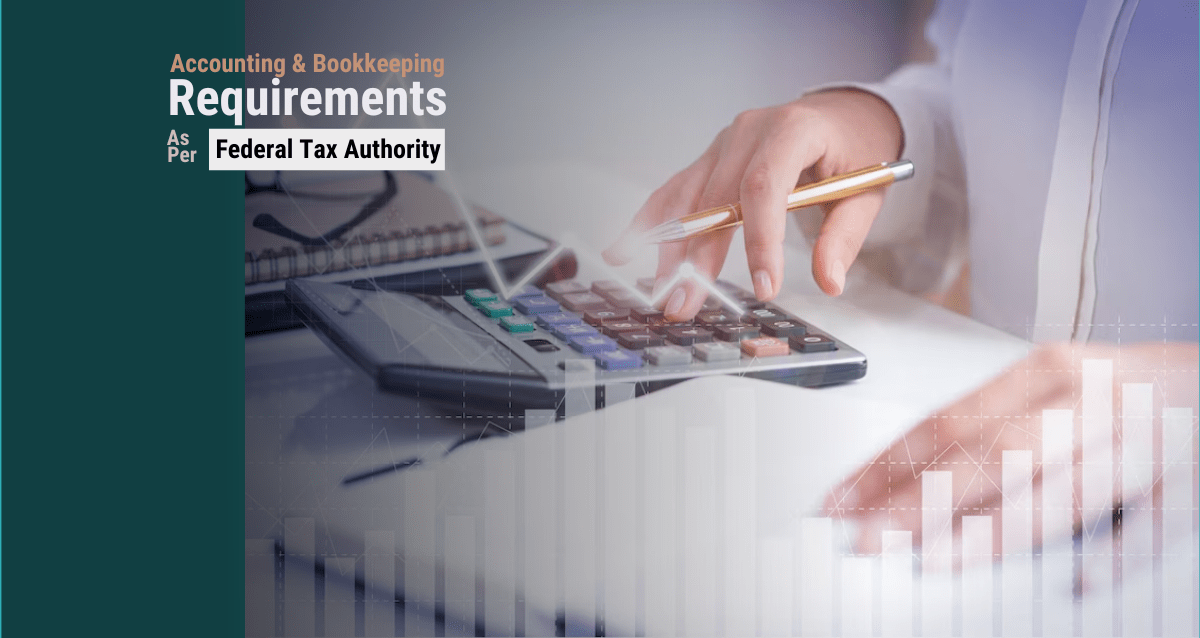Accounting and bookkeeping requirements as per Federal Tax Authority
Accounting and bookkeeping requirements as per Federal Tax Authority. According to Executive Regulation of Federal Decree Law No. 28 of 2022 on Tax Procedures accounting records and commercial books should include the following:
- Records and books in relation to Business, which evidence or in which payments and receipts, purchases and sales, revenues and expenditures are recorded, as well as any matters as may be required under the Tax Law or any other applicable law, including but not limited to:
1) Balance sheet and profit and loss accounts.
2) Records of wages and salaries.
3) Records of fixed assets.
4) Inventory records and statements (including quantities and values) at the end of any relevant Tax Period and records of stock-counts related to inventory statements.
- All documents supporting the entries in the accounting records and commercial books, including but not limited to:
1) Correspondence, invoices, licenses, and contracts related to the Business.
2) Documents containing details of any election, assessment, determination, or calculation made by a Taxpayer in relation to the Tax affairs of its Business, including the basis, or method of assessment, determination, or calculation made.
In addition to the above, businesses should keep accounting records and commercial books by either creating a record and retaining the original documents which support the entries contained in the record or creating a record and retaining the information contained in the original documents, provided that the information contained in the record is identical to the data contained in the original document.
All accounting records, commercial books, and information should be retained and maintained in a way that enables the Authority or any employee authorized by it to verify the Tax obligations imposed on the Person concerned for the following periods, unless the Tax Law states otherwise:
a. A period of (5) five years following the Tax Period to which they relate in respect of a Taxable Person.
b. A period of (5) five years from the end of the calendar year in which the concerned document was created in respect of all Persons other than Taxable Persons.
c. A period of (7) seven years from the end of the calendar year in which the concerned document was created for real estate records.
How can Flyingcolour help you?
Flyingcolour Accounting and Tax consultants provides clear and straightforward answers to many accounting and taxation issues. Our Accounting Review experts believe in delivering world-class services based on your demands and specifications.
Please book your free consultation with our experts to know more about the comprehensive services.
To learn more about Accounting and Bookkeeping Requirements As Per Federal Tax Authority, book a free consultation with one of the Flyingcolour team advisors, simply call +971 4 4542366 or send WhatsApp messages to +971 554413566. you can also drop an email to info (at) flyingcolour (dot) com.
Disclaimer: The information provided in this blog is based on our understanding of current tax laws and regulations. It is intended for general informational purposes only and does not constitute professional tax advice, consultation, or representation. The author and publisher are not responsible for any errors or omissions, or for any actions taken based on the information contained in this blog.
